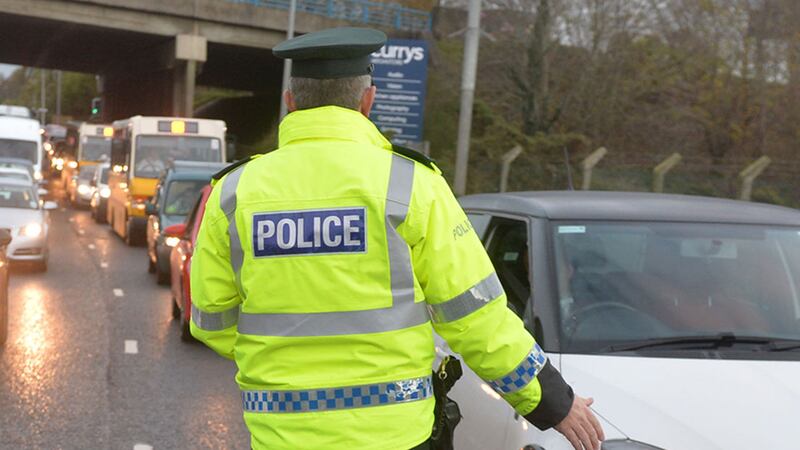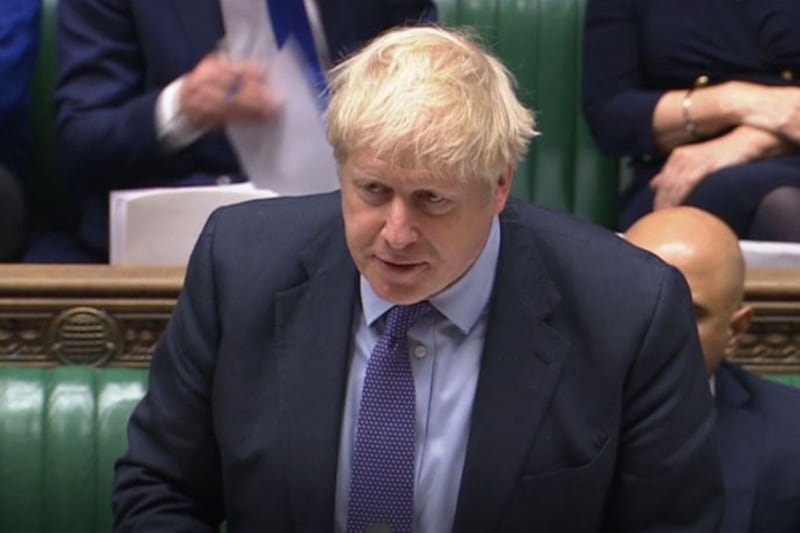Driving disqualifications have become mutually recognised on both sides of the border.
Laws changed in the north and Republic today to give effect to a road safety agreement signed between the UK and Dublin governments in 2015.
Those who receive a driving ban on the other side of the border from where they live will have the prohibition extended to their home jurisdiction.
Dublin Transport Minister Shane Ross said: "The mutual recognition of driving disqualifications is an important road safety measure because it aims to target dangerous drivers on our roads.
"The disqualifications relate to drivers disqualified for reckless or dangerous driving, hit-and-run driving, and driving while under the influence of alcohol or drugs.
"Mutual recognition of driving disqualifications is an important road safety measure for both Ireland and the UK, and is one of a series of measures I am introducing which will reduce road injuries and ultimately save lives.
"Maintaining the common travel area and our economic links with the UK are important priorities for Ireland, and this agreement will make a contribution towards that objective, as well as making an important contribution to road safety.
"The new measures are underpinned by an international agreement between Ireland and the UK, which comes into effect today, and primary legislative provisions in Ireland and the UK, which have been commenced today.
"Under the Ireland/UK agreement, the driving disqualification is, in effect, transferred by the state which imposes it to the licence of the offender's 'home' state. So, the legal consequence of the offence committed follows the offender home."








